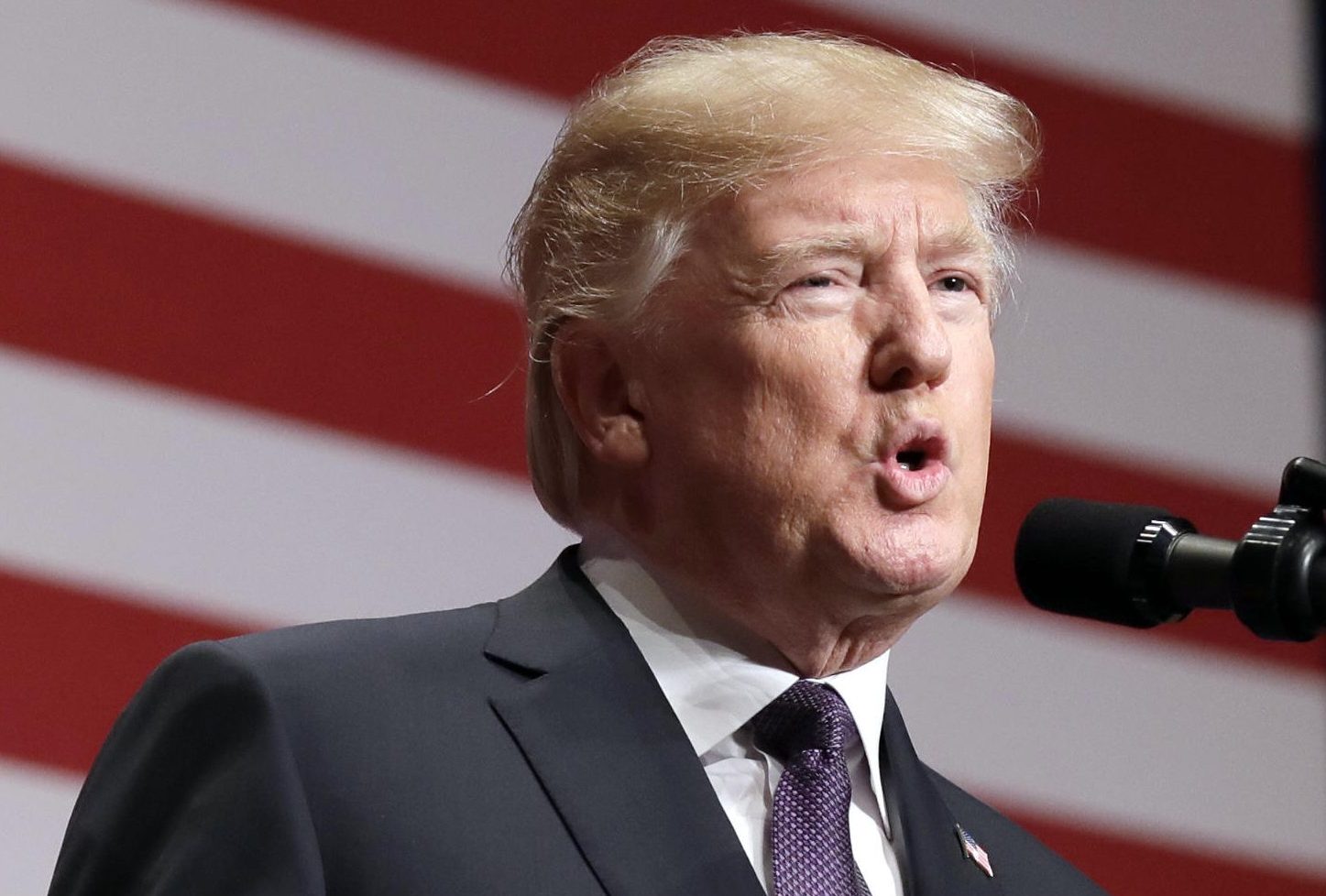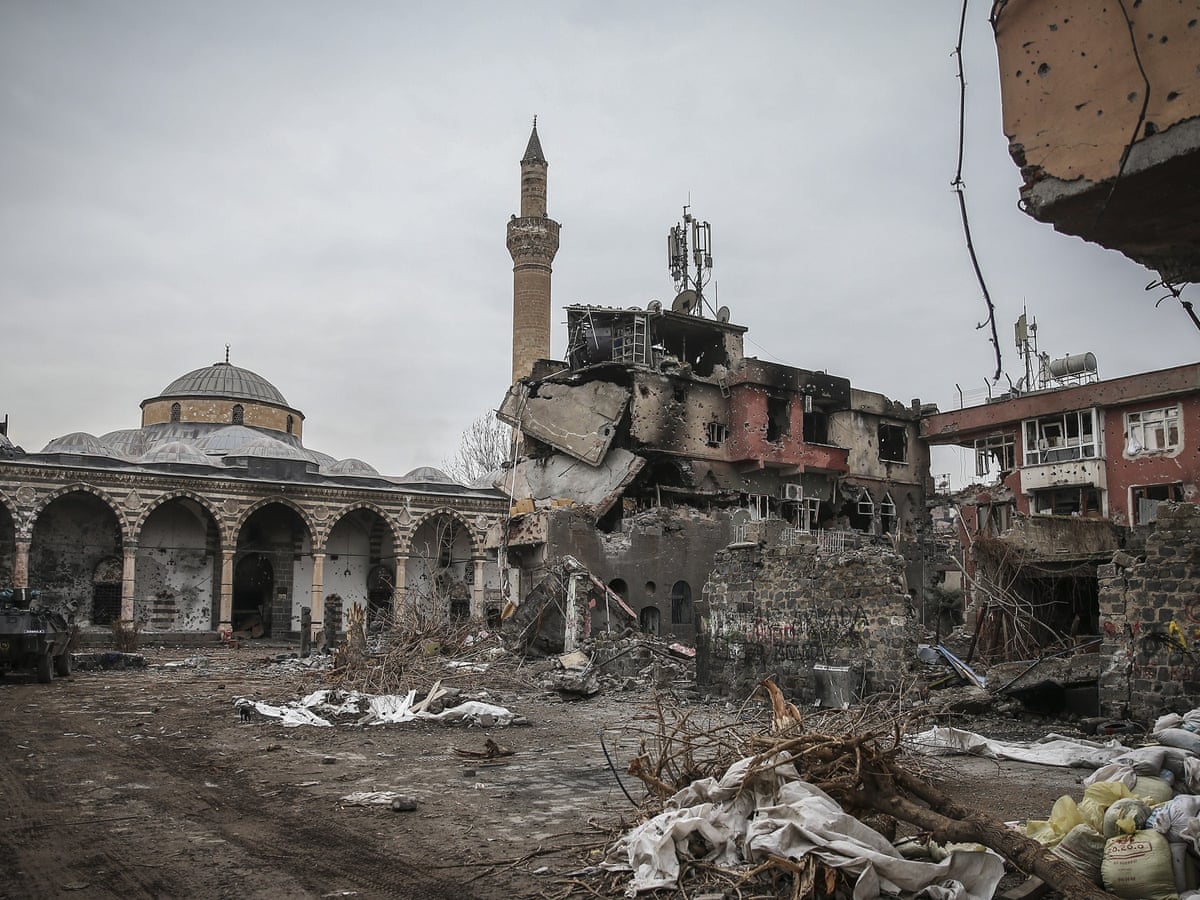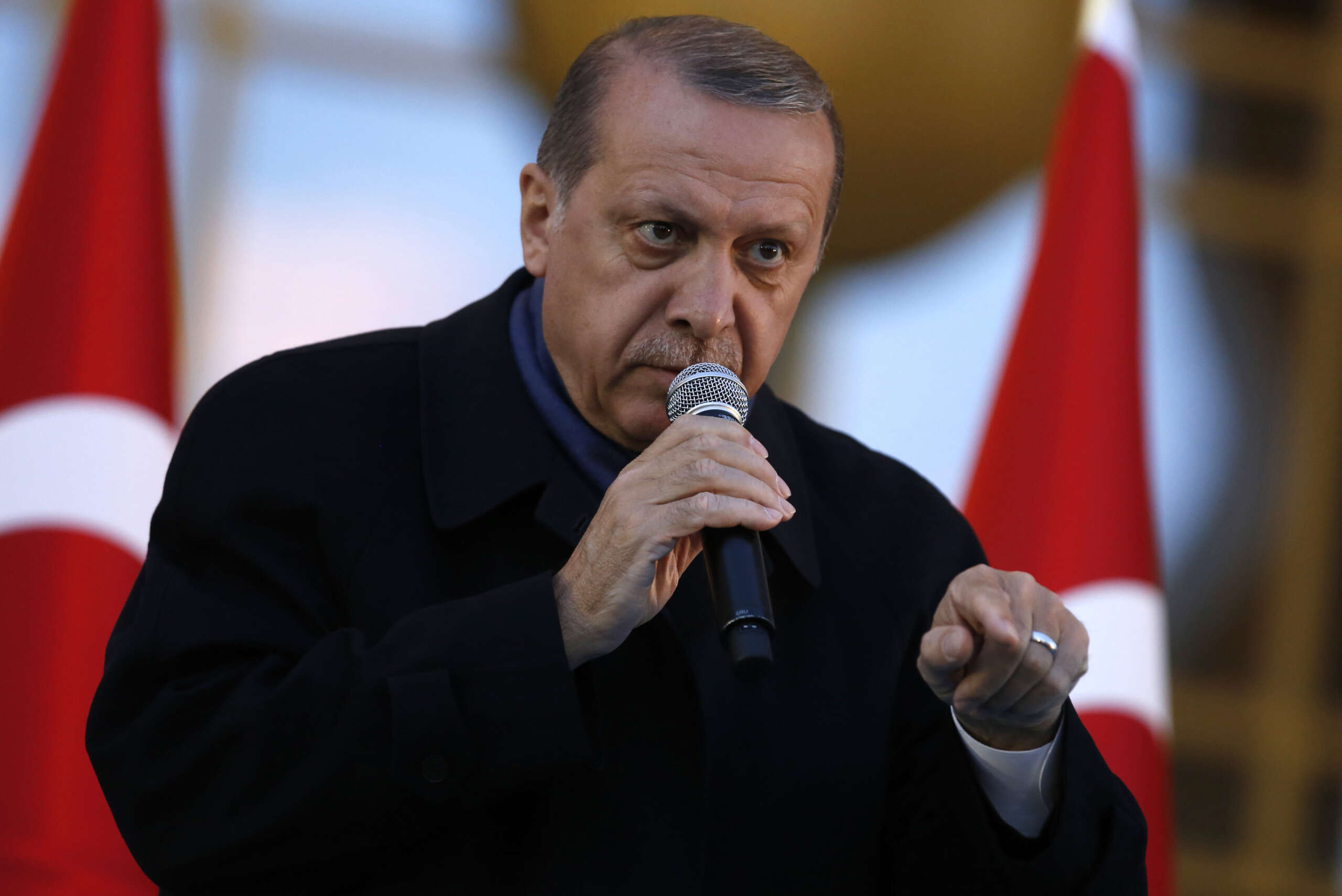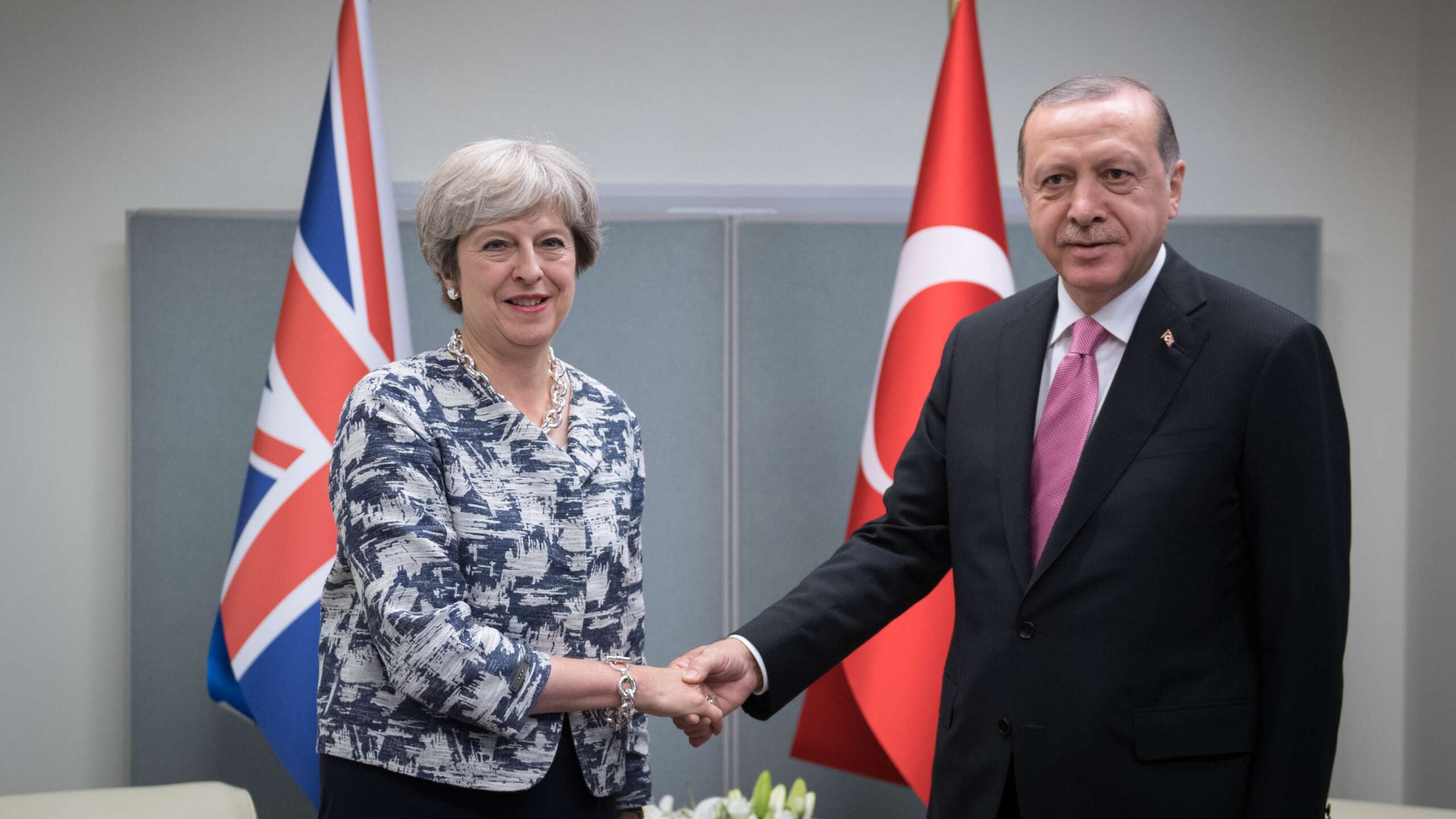PPJ- 21 December 2017
President Donald Trump announced on Monday, December 18, 2017 his administration’s National Security Strategy, a blueprint of President Trump’s forthcoming actions. This Strategy has turned Trump’s “America first” slogan into a foreign policy principle. The main objective of the Strategy is to maintain American supremacy against wide range of global challenges. Terrorism, notably the ISIS and al Qaeda, remains as the primary threat to the US national security.
China and Russia are revisionist powers
The Strategy document defines China and Russia as “the revisionist powers”. The following quote gives a clear idea on how the Trump administration prioritizes the rivalry with these two countries: “China and Russia want to shape a world antithetical to U.S values and interests. China seeks to displace the United States in the Indo-Pasific region, expand the reaches of its state-driven economic model and reorder the region in its favor. Russia seeks to restore its great power status and establish spheres of influence near its borders.” (25)
The Strategy blames Russia for “modernized forms of subversive tactics” to interfere in the domestic political affairs of other countries. Ironically, there is an ongoing federal investigation about the Russian meddling in the 2016 presidential elections with possible ties to Trump’s campaign.
Iran and North Korea are also presented in the document as sources of threats to the US national security. Iran, in particular, is mentioned 17 times in the document and it’s “support to terrorist organizations and activities to weaken the Middle Eastern states” are defined as key concerns.
In the Middle East section, it is possible to say that the strategy document has almost similar perspective with Saudi Arabia, the United Arab Emirates, Bahrein and Egypt quartet, which prioritize Iranian and political Islam as primary threats and normalizing relations with Israel. ………..()
Turkey’s place in the US National Security Strategy
Trump’s National Security Strategy does not mention Turkey explicitly, unlike Obama’s two National Security strategy documents, dated 2010 and 2015. “We will continue to engage with Turkey on a broad range of mutual goals, especially with regard to pursuit of stability in its region,” said the 2010 Strategy document in the “European allies” section titled.
In a similar manner, the 2015 Strategy document made an explicit reference to the relations with Turkey. In parallel to deteriorating Turkish-American relations, the 2015 document used more prudent tone by saying “we will continue to transform our relationship with Turkey.” However, Trump’s National Security Strategy document makes implicit, if not explicit, reference to Turkey.
First of all, the document’s viewpoint of the Middle East clearly excludes Turkey by embracing Riyadh and Abu Dhabi’s approach. In fact, Donald Trump gave its first sign in famous Riyadh Summit which Erdogan did not attend. “We remain committed to helping our partners achieve a stable and prosperous region, including through a strong and integrated Gulf Cooperation Council.” It also promotes American partners and key leaders in the region who reject radical ideologies ‘calling for a rejection of Islamist extremism and violence ‘ as opportunities for the U.S. in the region. In return, Turkey’s two allies in the region, Russia and Iran, are characterized as the main threats.
Another important point in the document is defeating “jihadist terrorists and other groups that forment hatred and use violence to advance their supremacist Islamist ideologies.” In the light of National Security Advisor H.R. McMaster’s recent remarks about Muslim Brotherhood, Turkey and Qatar, it can be interpreted as a tacit threat for Ankara and Doha.
Besides, in “Defeat Jihadist Terrorists” section, “We will sever their [terrorists] financing and protect the U.S. and international financial systems from abuse,” said in the document, reminding of Zarrab-Atilla trial for evading U.S. sanctions against Iran.
The Strategy makes references to new challenges that free societies encounter as they exploit information technology, democratic media freedoms and international institutions. “Repressive leaders often collaborate to subvert free societies and corrupt multilateral organizations,” states the document. Within this scope, the Strategy envisages prioritizing to “empower reform-minded governments, people and civil society.”
Moreover, it is promised to people living under oppressive regimes that Washington will support them with words and actions. “We are under no obligation to offer the benefits of our free and prosperous community to repressive regimes and human rights abusers,” says the Strategy document and adds that “We may use diplomacy, sanctions and other tools to isolate states and leaders who threaten our interests and whose actions run contrary to our values”.
Latest posts by P&J (see all)



